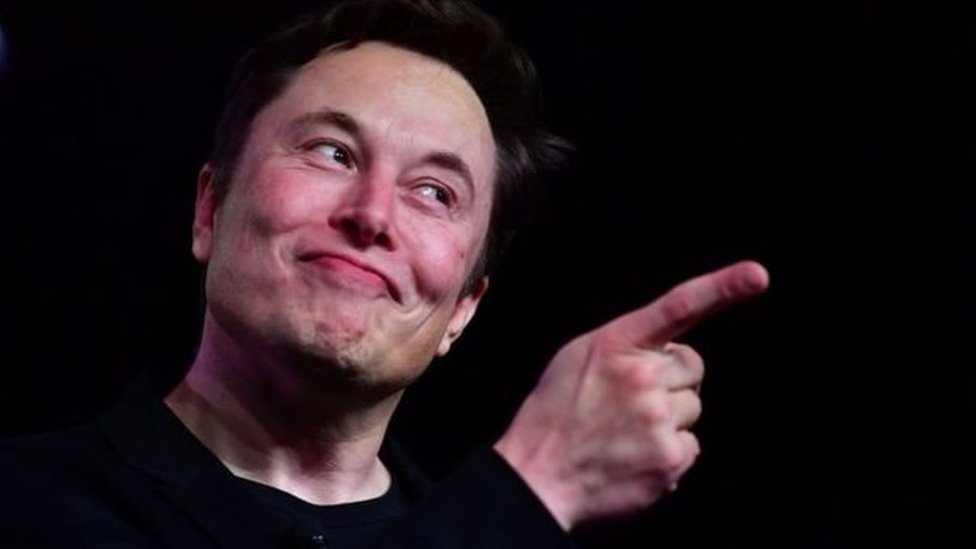Elon Musk has positioned himself as a vocal opponent of woke-culture, a term used to describe the progressive social justice movement that many on the right view as overly sensitive and restrictive. Since taking control of Twitter and rebranding it as X, Musk has made it clear that he does not support the cancel-culture tactics often employed by the woke left to silence dissenting voices.
Musk’s outspoken criticism of woke-culture has resonated with conservatives and libertarians who see the movement as a threat to free speech and open debate. By rolling back policies that were perceived as enforcing progressive orthodoxy, Musk has endeared himself to those who believe that the cultural left has too much control over the narrative in social media and beyond.
The changes Musk has implemented at X, such as loosening content moderation rules and reinstating accounts that were previously banned, have been celebrated as a pushback against the forces of cancel-culture. Musk’s actions have been interpreted as a defense of the right to express unpopular or controversial opinions without fear of being silenced.
Critics, however, argue that Musk’s approach could lead to a proliferation of hate speech and misinformation on the platform. Despite these concerns, Musk’s stance against woke-culture has solidified his reputation as a defender of free speech and a counterbalance to the left’s influence in the tech industry.
As Musk continues to challenge the status quo, his impact on the cultural and political landscape is likely to be felt for years to come. His fight against woke-culture and cancel-culture is part of a broader movement to reclaim the principles of free speech and open discourse in an increasingly polarized world.


